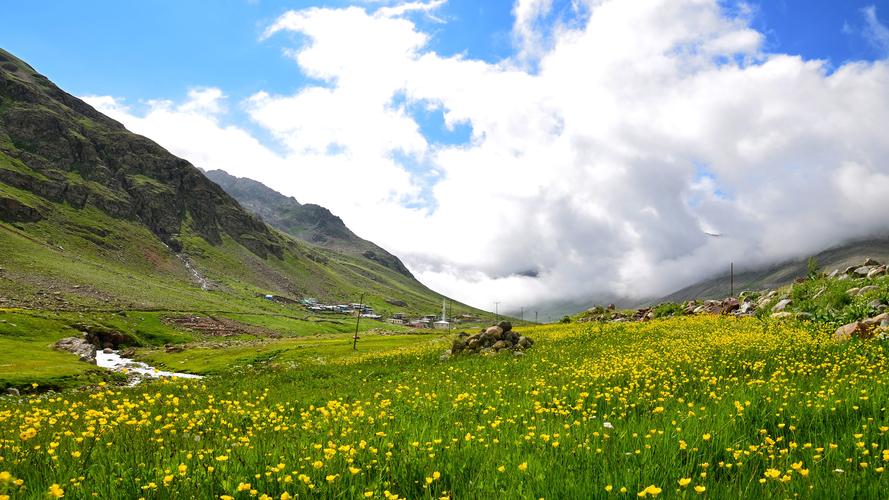In today’s digitally-driven world, social media has become a ubiquitous part of our daily lives. Be it sharing pictures of our latest vacation, posting a status update about a new job or simply liking a friend’s post, social media platforms have transformed the way we interact with each other. However, their impact isn’t limited to just our personal lives. Social media has also played a significant role in shaping popular culture.
From shaping fashion trends to promoting new music artists, social media has made it possible for ordinary people to gain exposure and influence the masses. Today, being popular on Instagram can open doors to work with top-notch brands and charm your audience with an aesthetic that stands out.
One of the most significant ways in which social media has impacted popular culture is through influencer marketing. Influencers are individuals with a large social media following who can sway their followers’ opinions, buying habits, and lifestyles. With many people trusting influencers to make purchasing decisions, influencer marketing has become a multi-billion-dollar industry.
Social media has also revolutionized the way we consume entertainment. In previous decades, the major entertainment outlets were limited to television and radio. Today, streaming services dominate the entertainment industry, and social media platforms such as TikTok and Instagram have become influencers in how we enjoy the content we consume.
Another significant way in which social media influences popular culture is through the democratization of knowledge. Individuals can now access information that was previously only available to a select few with ease. They can learn about a wide range of topics ranging from popular culture to politics, mental health, and climate change with just a few clicks. With this newfound access to information, many people have become more aware and engaged in the world around them, which has created a more progressive and informed society.
However, there is also a downside to this democratization of knowledge. The ease with which false information spreads on social media can have a detrimental impact on society. Misinformation about vaccines, climate change, and electromagnetic waves has led to dangerous beliefs that put individuals and communities at risk. As such, platforms have a responsibility to combat misinformation and promote legitimate scientific information.
In conclusion, social media has played a significant role in shaping popular culture, from the way we consume entertainment to the democratization of knowledge. The influence of social media is likely to continue to grow in the future, and we must be mindful of both its potential benefits and pitfalls. By using social media responsibly and staying informed, we can shape a more informed and equitable society.
(Note: Do you have knowledge or insights to share? Unlock new opportunities and expand your reach by joining our authors team. Click Registration to join us and share your expertise with our readers.)
Speech tips:
Please note that any statements involving politics will not be approved.
